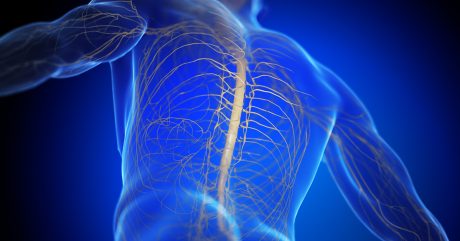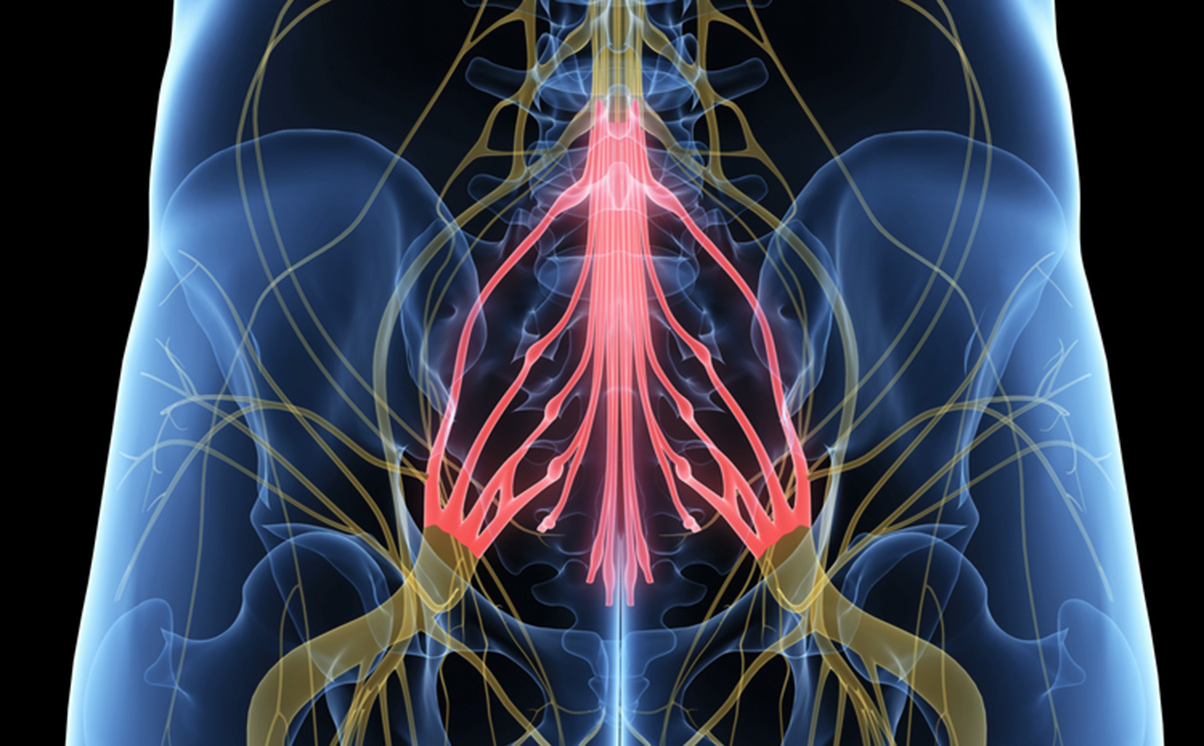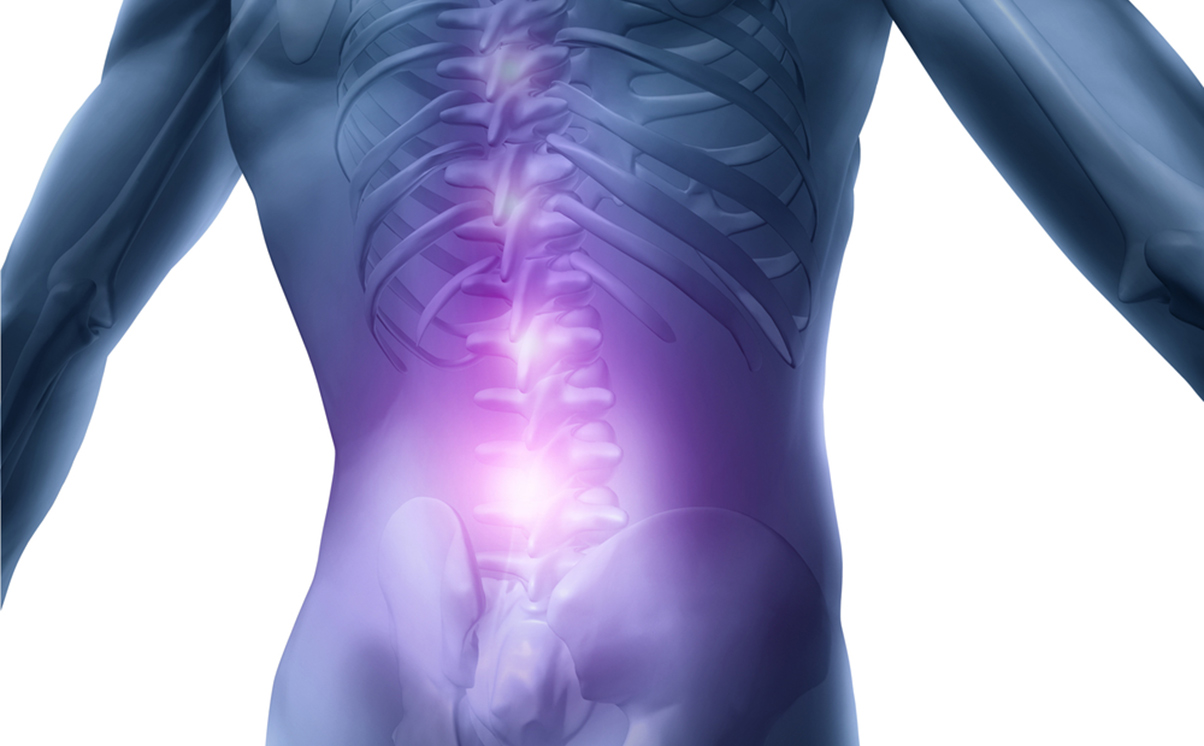Stewarts is proud to support Cauda Equina Awareness Day.
Cauda Equina Syndrome (CES) is a very rare but serious condition, where the bundle of nerves called the Cauda Equina at the bottom of the spine get compressed. The Cauda Equina control the function of the bladder and bowel, and the sensation to the skin of the genitals and bottom area. CES most commonly results from a massive herniated disc in the lumbar region but can also be caused by spinal lesions and tumours, spinal infections or inflammation and other less common conditions.
Red flag symptoms can include:
- Sciatica in both legs
- motor weakness and/or sensory loss in both legs
- anal and/or buttock numbness
- loss of feeling between the legs (saddle anaesthesia)
- bladder retention and/or incontinence
- bowel disturbance/incontinence
- erectile dysfunction
CES is a spinal surgical emergency that requires urgent specialist assessment and intervention. If the condition is not managed in a time efficient manner, it can lead to a range of severe permanent disabilities including permanent limb paralysis, permanent loss of bowel, bladder and sexual function. This is devastating to a patient’s quality of life. Currently 23% of litigation claims for spinal injuries in England relate to CES.
In 2021, a Healthcare Investigation Safety Branch (HSIB) review of the management of CES recommended the development of a national pathway for suspected CES, to help reduce variation in treatment and improve outcomes. A multidisciplinary group of more than 60 clinicians was tasked with creating this pathway. The National Suspected Cauda Equina Syndrome Pathway came into practice in February 2023. The pathway aims to provide clinicians working in all care settings, with the ability to effectively diagnose and care for patients presenting with suspected Cauda Equina Syndrome. The Pathway stipulates that if a patient presents with Suspected CES, an emergency MRI should be undertaken as soon as possible, and certainly within four hours of request to radiology. Surgery should be undertaken as quickly as possible and within 24 hours of MRI imaging.
Improvements in care should lead to better diagnosis and faster treatment resulting in better outcomes for patients. Awareness of the condition is also vitally important for patients who may have little or no knowledge of the condition.
For further information and support on living with the consequences of CES, please visit:
- Promoting Positive Recoveries – Cauda Equina Champions Charity
- Cauda equina syndrome (spinal.co.uk)
You can find further information regarding our expertise, experience and team on our Clinical Negligence and page.
If you require assistance from our team, please contact us.
Subscribe – In order to receive our news straight to your inbox, subscribe here. Our newsletters are sent no more than once a month.





